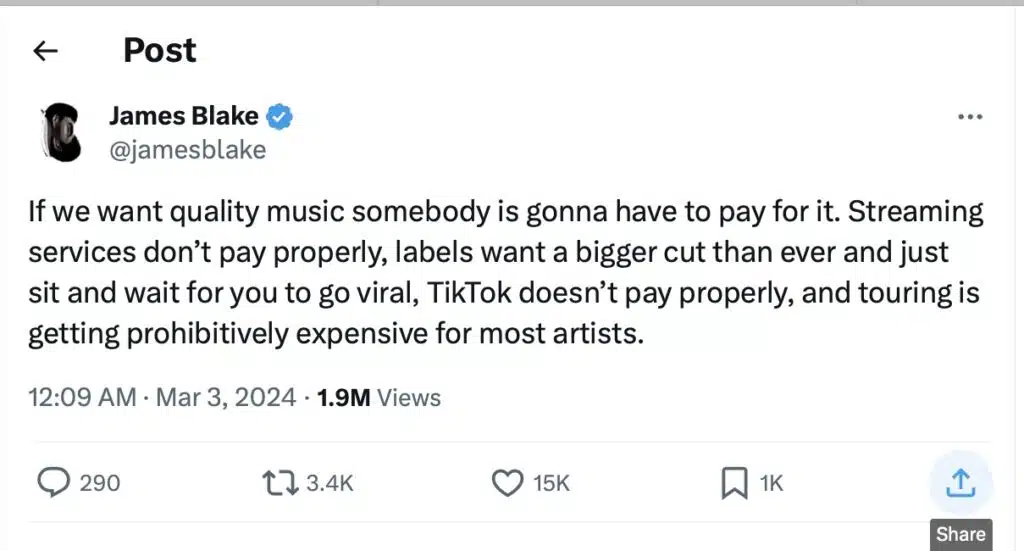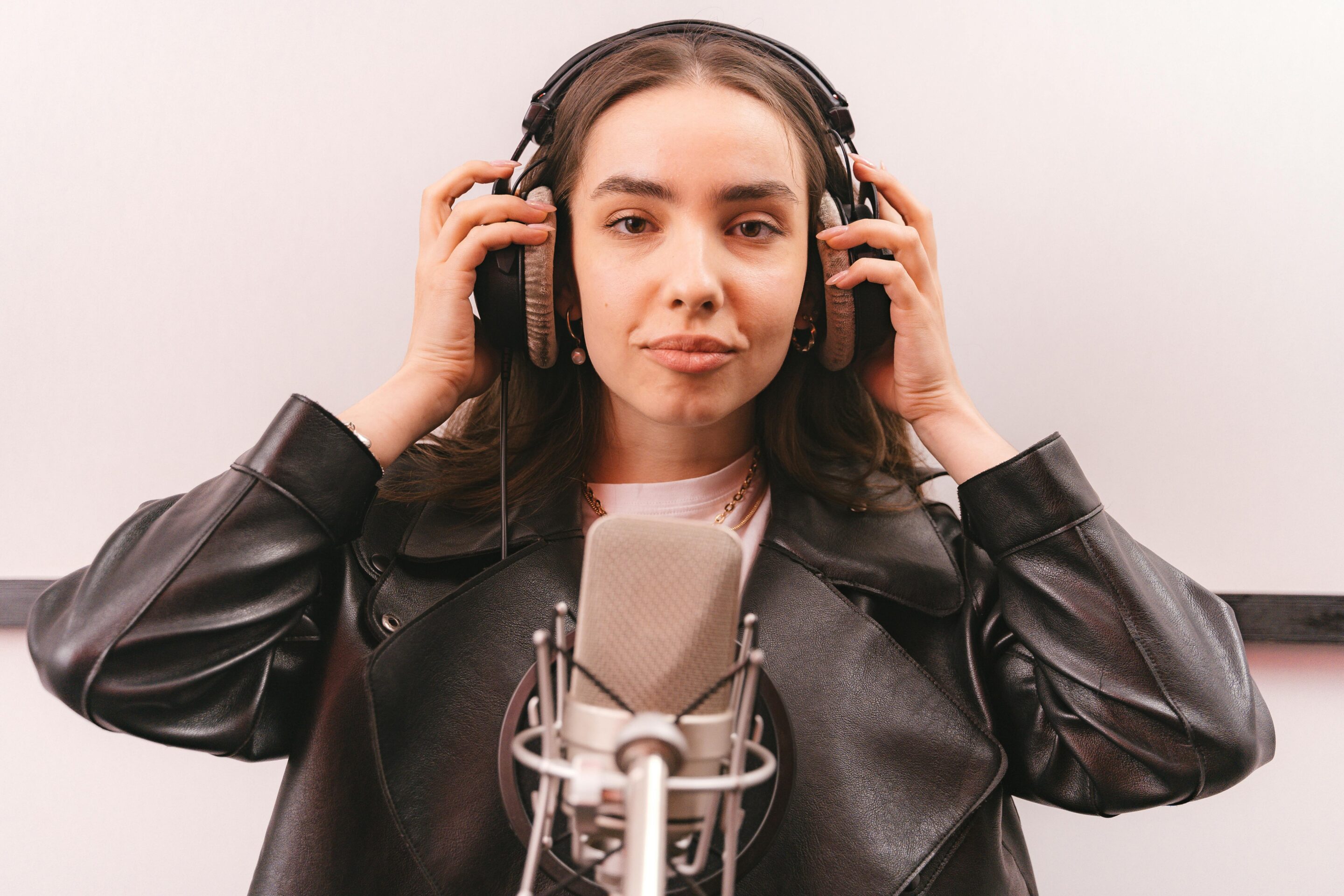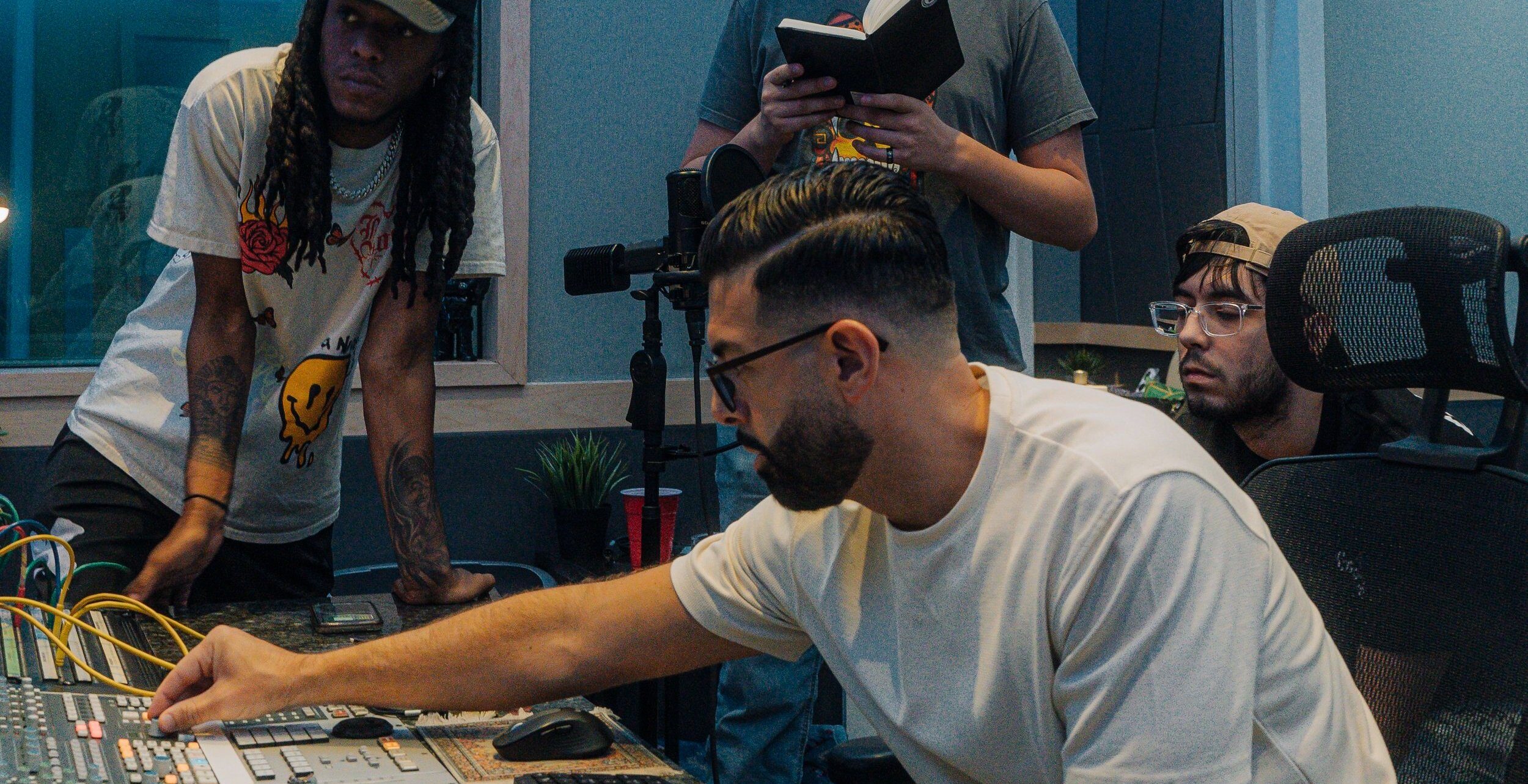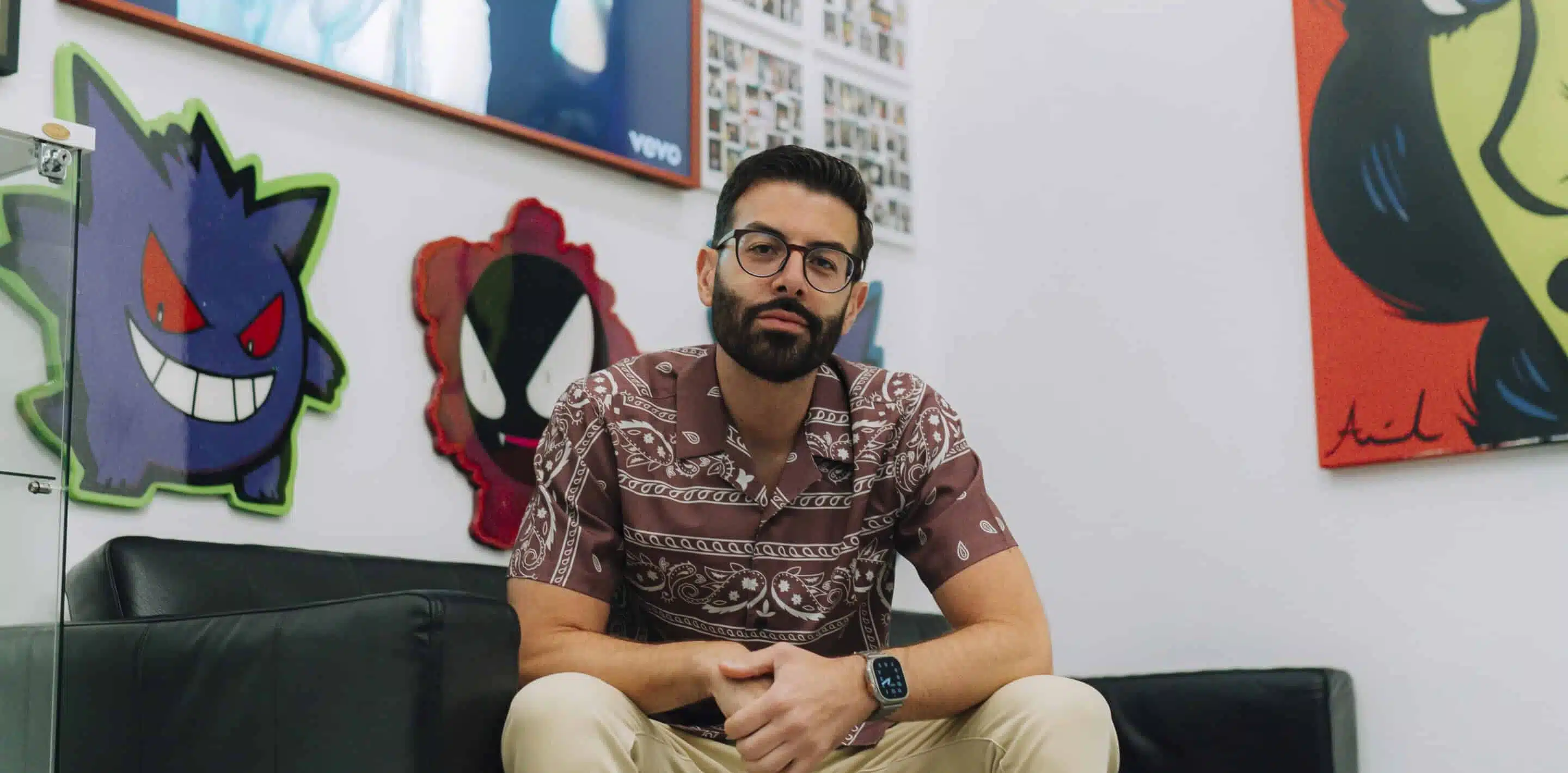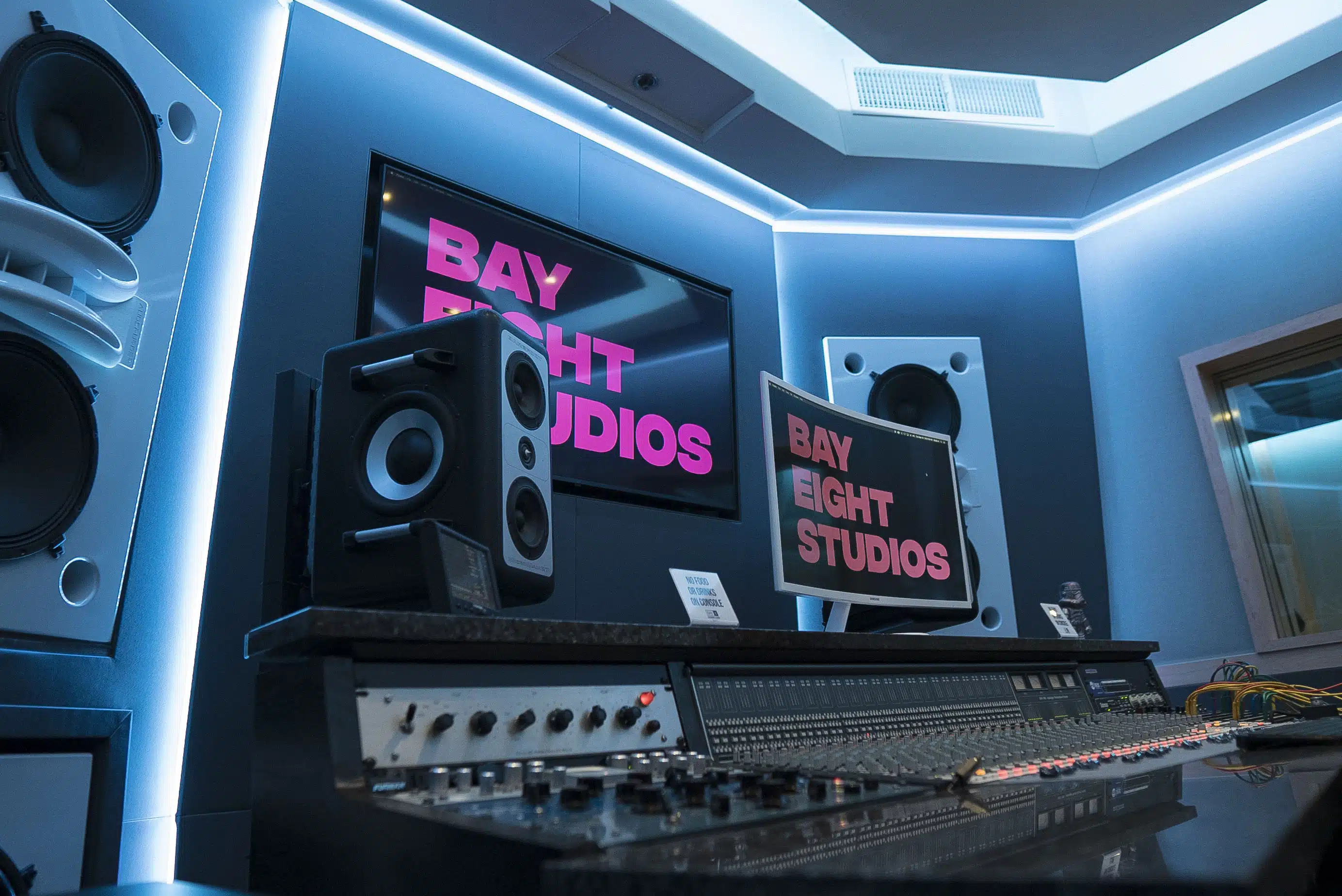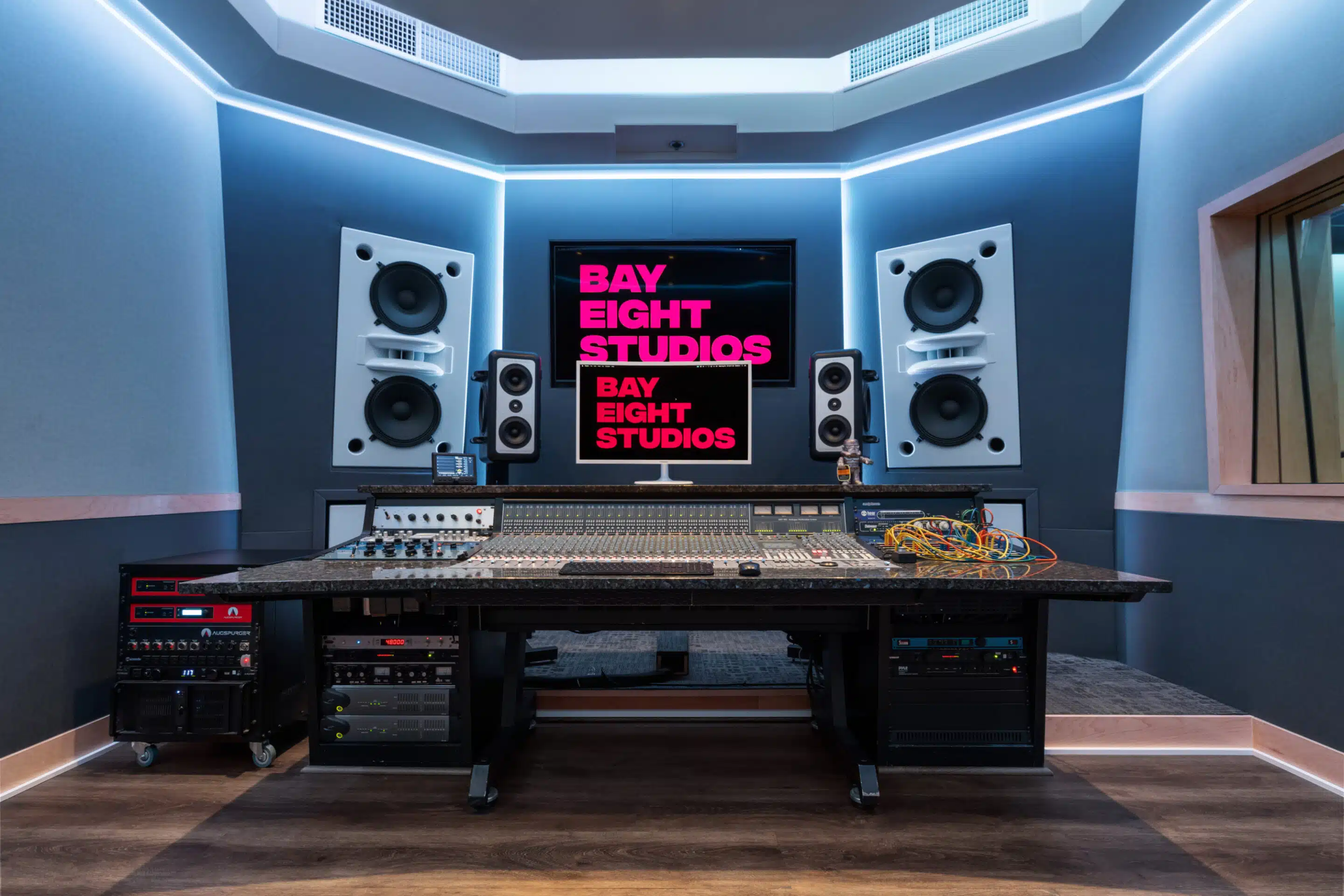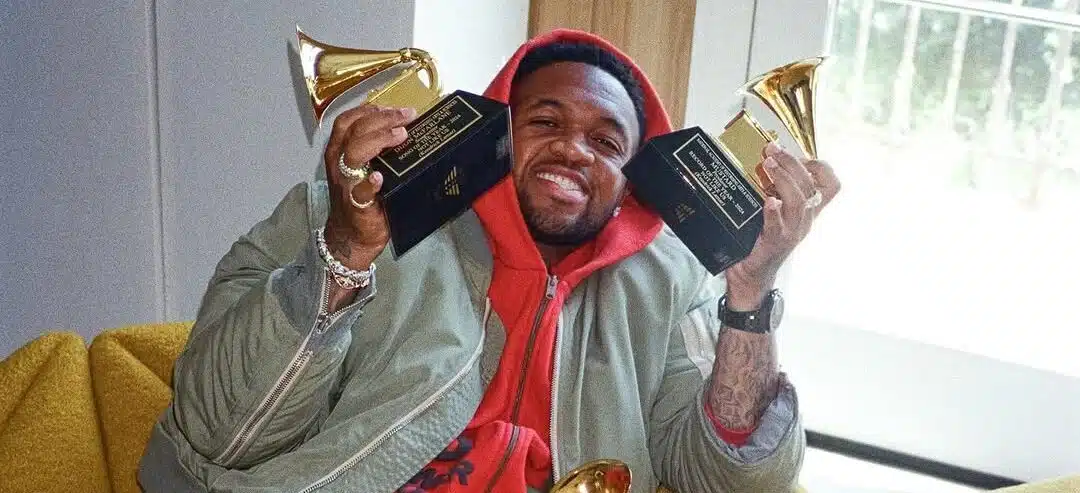From the dawn of music recording technology, the emergence of streaming, to the still unknowns of AI, we know it can be hard to keep up with what it takes to be a successful musician these days. After all, the music industry is one of the fastest changing industries in the world. If you feel confused about the changes that have offered in the past few decades and what they mean, this guide is for you.
How Labels Have Changed
The truth is, major labels no longer hold the power they used to. In their heyday, major labels had a great deal of control over their artists. However, in exchange they poured a considerable amount of resources into artist development. You could be a relative unknown from a small town with a lot of potential, and your dream of being discovered by a major label’s A&R and turned into an international star had the potential to be more than a vivid daydream. Instead, these days most labels sign artists who have already proven their success. The Rolling Stone put it this way; “Rather than functioning as a partner investing in long-term careers, or benevolent patron of the arts, major labels prefer to bet on later-stage artists who are on the verge of a hit that the label can sink its teeth into owning.”
In short, don’t count on getting signed to a major label as your ticket to success in the music industry. By the time major labels become interested in you, you’ll likely have already found some amount of success. The silver lining is that you’ll have more leverage in negotiating a record deal when the time comes. But for now, rather than signing to a major label being your goal, it’s best to aim for the music goals you hope to achieve with a label on your own.
What It Takes To Get Signed
When it comes to the level of success it takes to get signed, there are many ways to measure this. Perhaps you’ve had a viral moment. You may have a substantial social media following or gotten a shoutout from some famous fans. However it’s achieved, having some “buzz” around you is likely to lead to label reps knocking on your door. Actively participating in building a fan base has become a more common expectation that labels have for artists they’re looking to sign. There is less tolerance for reclusive singer-songwriters. It’s a common expectation you use social media even if you aren’t a fan. This means being willing to share some of your personality, your interests, etc. with the public. If you have a strong need for anonymity and privacy, you may be better off remaining unsigned.
A&Rs Find Music Virtually
Decades ago, A&Rs used to find music by going to local shows, industry shows, and simply via word of mouth. This has changed a great deal, especially post-pandemic. Like many of our jobs, much of the A&Rs’ role now involves sitting in front of a computer. Youtube, Tik Tok, Instagram, etc. all allow A&Rs to find undiscovered talent outside of their immediate area. Additionally, with labels continuously trying to lower their expenses, this method of finding talent is evidently much more cost efficient than constantly flying across the country to scout for artists. While A&R’s do still attend festivals and live shows, they’re much more likely to do so as a means to meet artists they’ve already heard about, rather than it being their way of finding artists they’ve never heard off.
The Internet
There are a myriad of ways in which the internet has changed the music industry (as well as pretty much every aspect of our lives). All of the traditional aspects of the music world still exist, but simply in digital form. Rather than cassettes we have streaming services, song lyrics and credits can be found online, and music videos mostly live on Youtube instead of MTV. Let’s take a deeper dive into the most significant changes.
Recording Outside of A Music Studio
There are many advantages to going to a recording studio. However, it is not the only way to record music these days. Many indie artists have a home studio setup, and younger artists are even recording music on their phones. These methods don’t guarantee the same quality recording in a studio does. However, you can always send your home recordings to get mixed and mastered.
There are many digital audio workstation options available for home recording. If you have an iPhone or an Apple computer or tablet, Garageband is a free app that has been used by many professional musicians. There are also plenty of guides on Youtube about how to set up a home studio depending on your budget and space allowances. Recording at home does not necessarily mean making music on your own. Using the internet, you can collaborate with musicians, engineers, and various artists from all over the world.
Collaborate Virtually
Many artists find collaborators via social media apps like Instagram, Tik Tok, Craigslist, etc. You can reach out to people online whose sound resonates with you. You can work on a project with collaborators without ever meeting in real life. One way to collaborate with other musicians is by recording basic demos at home and sending it off to producers you find online. You can record vocals and some simple instrumentation, or use loops that are available on DAWs to convey your ideas.
Websites like Soundbetter are a great means of finding producers, songwriters, etc. to collaborate with. You can complete a whole album by sending files back and forth virtually. Furthermore, you can send recorded music to get mixed and mastered virtually. While Bay Eight is a recording studio, we also offer this service as a means to cater to artists who choose to record at home.
Promote Your Work Virtually
When it comes to promoting music, artists have to be aware that there are many scams and gimmicks out that are a waste of money. With that said, there are many opportunities for music promotion online that are worthwhile. Submithub is a website where you can submit your new releases to bloggers, playlisters, and other curators who will share your music to their wider audience if they enjoy it. Additionally, you can promote your music by running ad campaigns for your new releases on social media platform. Also, you can pitch your songs to official Spotify playlist and post videos of your live performances on socials. Once your release is out, you can also create a Spotify playlist that includes your music and other songs you feel are similar. There are a lot of options for how to promote your music online. First, decide how much money you have to spend on promotion. Then, search on Youtube for further guidance on the promotion methods you choose.
Upload Your Music to Streaming Services
Spotify has over 180 million subscribers. To put that into perspective, the current US population is about 336 million. Streaming is by no means lucrative for most artists, but it allows for the widest audience reach. So if you want to reach a large audience, it’s essential to put your music on streaming services. While physical music media sales are on the rise, many people are very selective about the music they choose to purchase, as vinyl is not exactly cheap, while streaming is “free”. Uploading your music to Spotify, Apple Music, and other streaming services will allow you more avenues to career success than selling physical CDs or vinyl.
Find Performance Opportunities Online
Fortunately, virtual concerts have not replaced the demand for live shows and concerts. This is something the internet hasn’t changed. Nevertheless, there are also opportunities for virtual performances these days, and they are a great option if you don’t live in a music hub, or you simply want to connect with an audience outside of your immediate area. You can attend virtual open mics via Eventbrite, or set up your own livestreams on Instagram or Youtube.
The internet is also a great resource to use to find in-person performance opportunities. Simply Google “open mics near me” or follow hashtags on social media pertaining to music in your area. You can also post covers of songs on Youtube, Tik Tok, or Instagram. This can be a great way of helping people who enjoy the same style of music you do find your own music.
Conclusion
Technology has made it easier to work from anywhere, and this is also true in the music industry. It’s no longer imperative to be based out of music hubs like LA, Nashville, etc. The internet has democratized the means of sharing music. You don’t need a record deal, you don’t need a publisher, and you don’t have to go into a recording studio if you’re just getting started. Start where you are, use what you can. We hope this guide has given you a bit more confidence if you’re an older musician trying to adapt to our ever changing industry. If you would like more guidance, reach out to us about our music consultation services.



